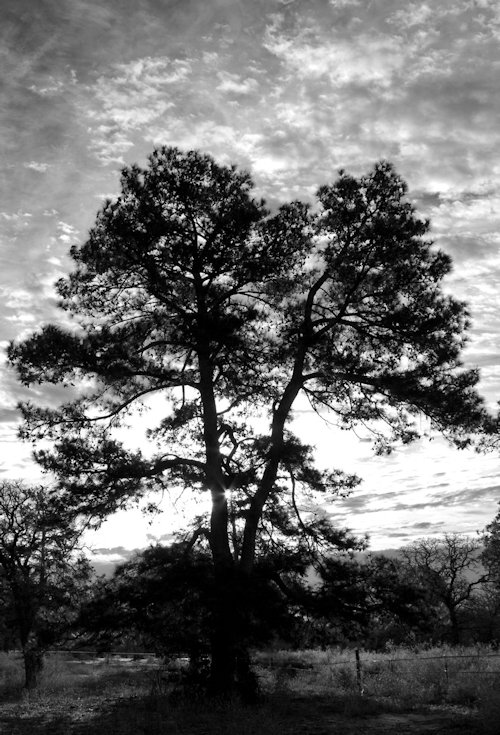Former President Jimmy Carter arrived in a small plane at what everyone referred to as the “Doba airstrip;” though how anyone could distinguish it from the other vast, empty tracts of land in southern Chad I didn’t know. Agents wearing vests with dozens of tiny pockets secured the area. A man with a walkie-talkie insisted that we, a small gaggle of Peace Corps volunteers, stand on the far side of a shallow trench. The trench was a yard across at most, and presumably provided drainage for the airstrip, though it rained on this parched piece of land only once or twice a year.
We cheered as Carter disembarked. He greeted his Chadian hosts, then walked past the security detail and stepped lightly over the trench. “My mother was a Peace Corps volunteer,” he said. “Did you know that?”
“Yes!” we cried. He shook our hands and thanked us for our service.
His visit to Doba began with extended ceremonial greetings of government officials. Then he toured a neighborhood, moving from hut to hut, meeting people who suffered from river blindness or guinea worm. We followed the whole way, a small American entourage in his wake.
The tour eventually led to the edge of a peanut field. The Chadians had heard Carter was once a peanut farmer, but none of them believed it. A crowd gathered, full of anticipation. Carter wandered a few feet into the stalks. He grabbed one, examining it in a way that signified nothing to me but clearly indicated to the crowd that he knew his way around a peanut plant. A gasp went up. “It’s true!” People turned to each other and exclaimed. “Only a real peanut farmer would ever do that!” Carter smiled, an open, genuine smile. When the noise died down, he remarked on the plant and the field, again in language that meant nothing to me, but identified him as a farmer among farmers. A tremendous charge passed through the group. A fundamentally American idea had been demonstrated: you could start anywhere, become anyone. The possibilities were fantastic. Unlimited. I could see it in the faces of the people around me; it was a revelation. I had to choke back tears.
I was so inspired right then that I was disappointed in the speech he eventually gave, which focused on treatments for guinea worm and river blindness. This was, after all, the purpose of his visit. He held up a pill of the kind being distributed in the region by Africare.
“If you take this pill you will never, ever, ever go blind!” he shouted.
He paused for this to be translated into Ngambay. He repeated it three times, each time sounding like a holy roller exhorting his congregation, each time pausing for the Chadian translator to repeat the exhortation. The speech was not at all presidential. But I’m sure it had the intended effect — his credibility at that moment was very high. A peanut farmer who’d become the leader of the free world. He was capable of anything. Surely, he was right about this.
When the event was over I was surrounded by students who bombarded me with questions.
“Is that really Jimmy Carter?”
“Yes, of course.”
“He’s really Jimmy Carter, your former President?”
“Yes,” I repeated.
“Why do you all seem to like him so much?”
“He’s a humanitarian,” I said.
They looked at me skeptically. “He’s a Democrat,” I added. “That’s a political party in the US. A lot of Peace Corps volunteers are Democrats.” I paused. “I’m a Democrat.”
This was meaningless to them.
“Where does he live now?”
“He lives in Georgia, in the US.”
“Bill Clinton lets him live there?” It was 1994, and most Chadians knew and liked Bill Clinton.
“Yes.
“Really? Habré doesn’t live in Chad. President Déby would kill him.”
“African presidents take off,” someone added. “They run with the money and live on the French Riviera.”
“Is Clinton’s power weak?”
“No, he isn’t weak. That’s how we do it. All our former Presidents live in the US. Right now there’re four — there were five but Richard Nixon just died.”
This was met with silence. They took it in, thought it over. This bloodless transition of power – it was another revelation.
“And you have peace?” someone finally asked.
“We have peace.”
—
Stephanie Bane is an account planner in an ad agency in Pittsburgh, and a recent graduate of Pacific University’s MFA program. She’s currently working on a manuscript about the time she spent in Chad. This is her first appearance in a literary journal. The author blogs on the origin of this essay here.
Photography by Michael McKniff


2 comments
You Have to Believe in Something | BREVITY's Nonfiction Blog says:
Apr 10, 2013
[…] Bane, author of “We Have Peace” in the March 2013 issue of Brevity, reflects on the origin of her essay and on sincerity, […]
Sheila K. Collins says:
Apr 10, 2013
Gratitude from another Pittsburgher – for the view from afar of what we take for granted in this country. For the reminder that peace makes all our other blessings possible.